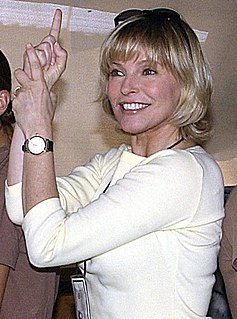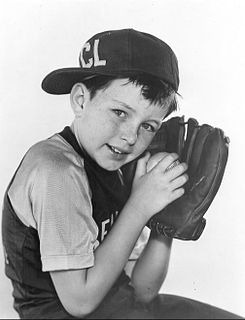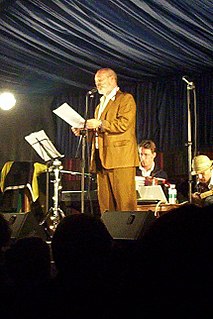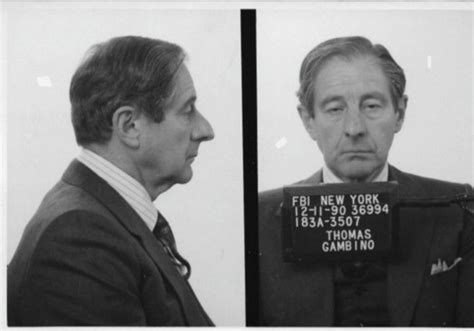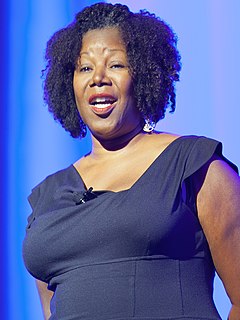A Quote by Cheryl Ladd
There were nine children in my father's family and eight in my mother's. My grandparents did the best with what they had. After the Depression, they were scratching out a living and working hard. They kept the family going.
Related Quotes
My mother was Welsh and I loved going to Wales every summer, where Uncle Les had a farm. My mother had seven brothers and a sister and they were all very close. There would always be food on the table and uncles coming in and out. My father's family were English and lived in London, and we didn't really see them.
My parents, like others of "The Greatest Generation" who lived through the Great Depression and World War II, wanted to provide the best possible life for their children. My mother and father both attended college but dropped out to earn a living during the Depression, working the rest of their lives at blue-collar work.
